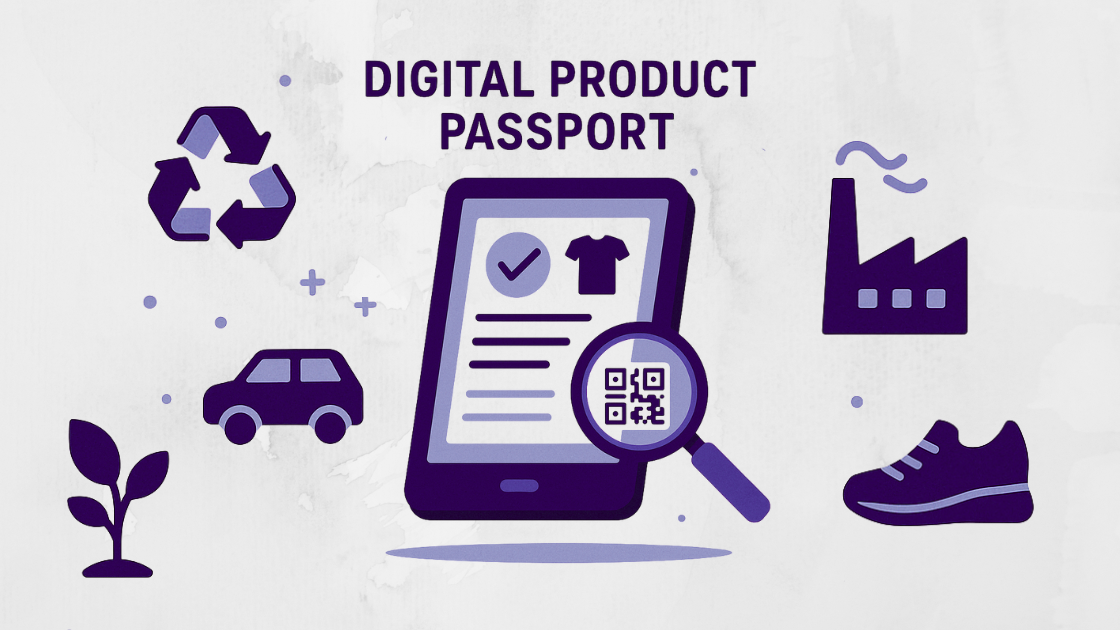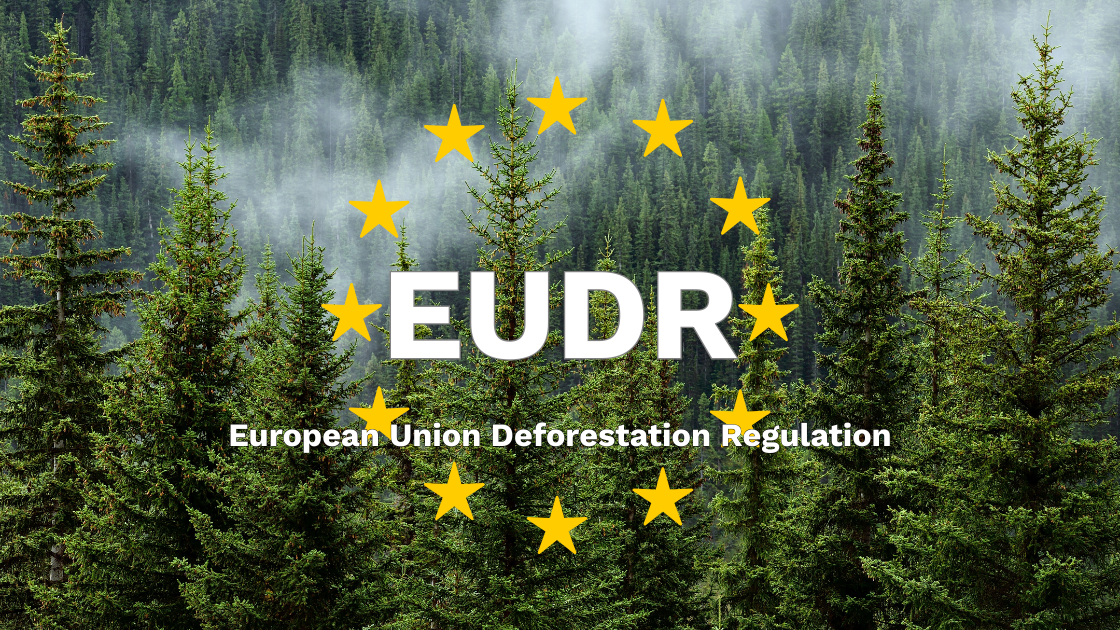The EU Taxonomy: European legislation on your desk
SMEs remain exempt from the new disclosure rules for the EU Taxonomy on sustainable finance. However, companies would do well to monitor its implications, including SMEs, experts write. Read about the content of the EU Taxonomy and its implications for your business in this blog.

The Environmental Objectives of the EU Taxonomy
The Taxonomy sets six environmental objectives that companies must meet in order to be considered sustainable. These include:
- Climate change mitigation: activities that reduce greenhouse gas emissions and help prevent global warming.
- Climate change adaptation: activities that help communities and ecosystems cope with the effects of climate change.
- Sustainable use and protection of water and marine resources: activities that use water and marine resources in a way that is sustainable and protects the environment.
- Transition to a circular economy: activities that help create a more sustainable economy by reducing waste and pollution and increasing the use of recycled materials.
- Pollution prevention and control: activities that reduce pollution and protect human health and the environment.
- Protection and restoration of biodiversity and ecosystems: activities that help preserve and restore the natural world and the plants and animals that live in it.
Who is Affected by the EU Taxonomy
The EU Taxonomy applies to three main groups: first, financial market participants, such as occupational pension providers, that offer financial products in the EU. Second, large companies must report under the Non-Financial Reporting Directive (NFRD), which will be revised by the Corporate Sustainability Reporting Directive (CSRD). Third, the EU and its member states.Currently, small and medium-sized businesses (SMEs) are not directly required to comply with the EU Taxonomy. However, experts say that SMEs should still pay attention to the EU Taxonomy because it may affect them in the future. For example, banks and investors may ask SMEs to disclose information about their sustainable activities when they apply for loans or investments.
Preparing for the EU Taxonomy: What SMEs Can Do
SME companies can use the EU Taxonomy as an opportunity to prepare for the future and build competitive advantages. By preparing for the EU Taxonomy's reporting requirements in advance, you can improve their business resilience, financing conditions, and marketing opportunities. Here are some steps that you can take to prepare for the EU Taxonomy:
- Stay informed about the EU Taxonomy and its requirements. This will help you understand what they need to do to be considered sustainable.
- Assess the sustainability of their business operations. You should identify which activities contribute to the EU Taxonomy's environmental objectives and which activities may be a problem.
- Implement changes to improve the sustainability of your business operations. This might include reducing emissions, using sustainable materials, or increasing recycling.
- Communicate their sustainability efforts to stakeholders. You should share information about their sustainable activities with investors, customers, and other stakeholders. This will help your business attract new business and build trust with existing customers.
Eevery
Eevery's goal is to support companies in the process of becoming more sustainable. The EU Taxonomy is an important part of this. We have therefore calibrated our measurement to the requirements of this Taxonomy. This way, you can easily but reliably see where you stand when it comes to sustainability.
Want to know more about the EU Taxonomy? Subscribe now and read the latest news for SMEs on ESG, sustainability and European laws and regulations.



